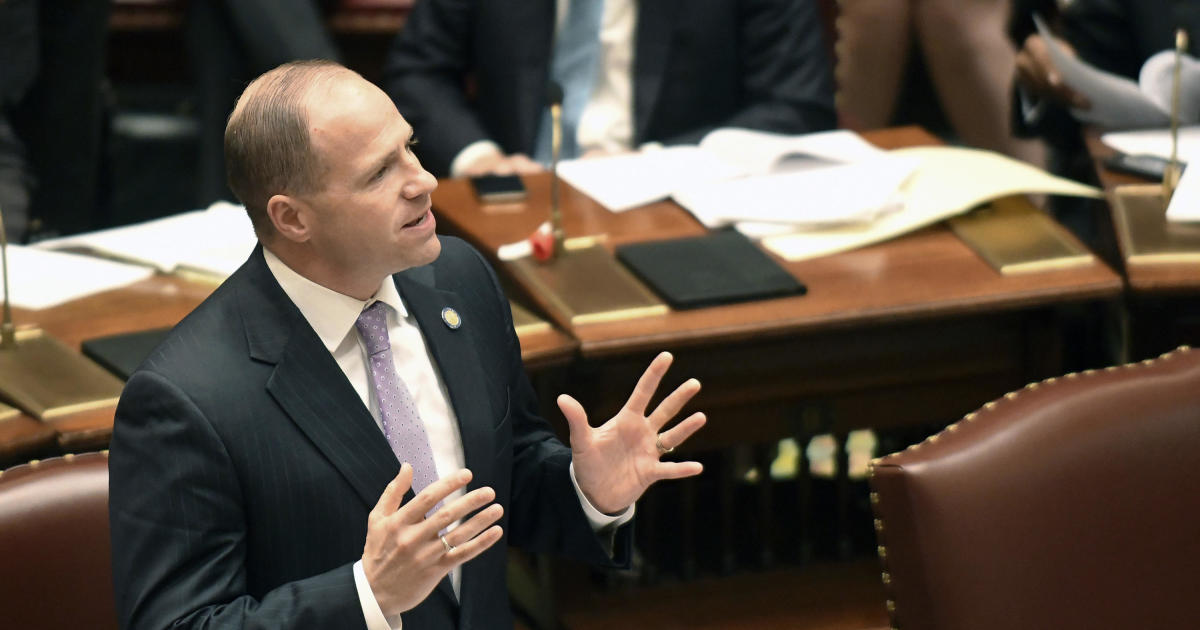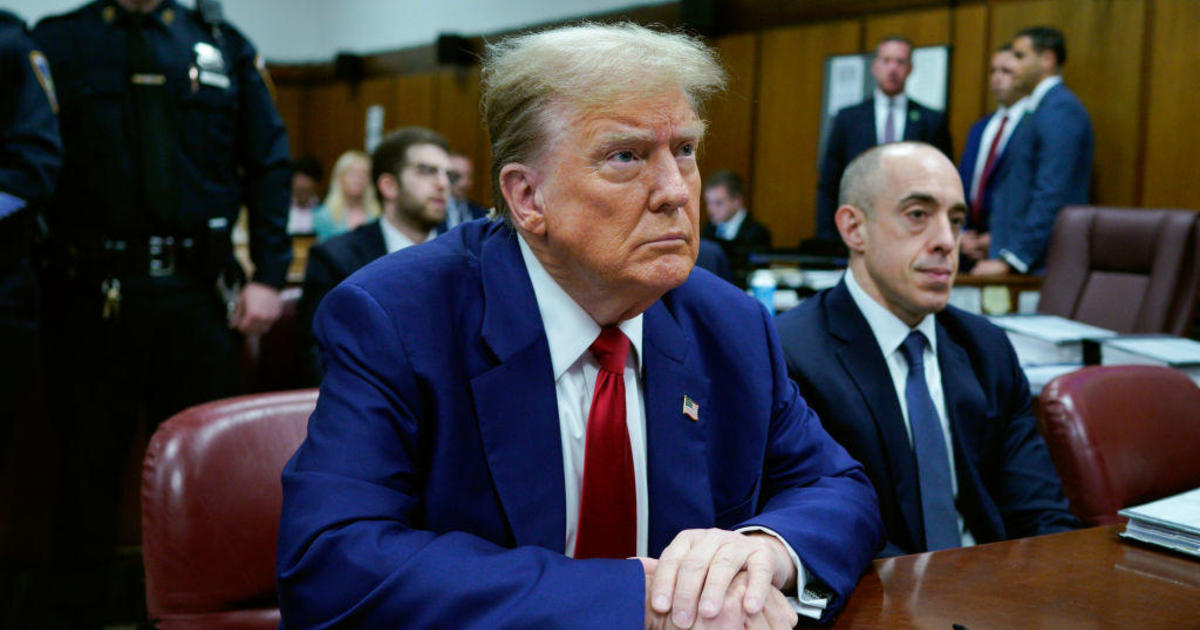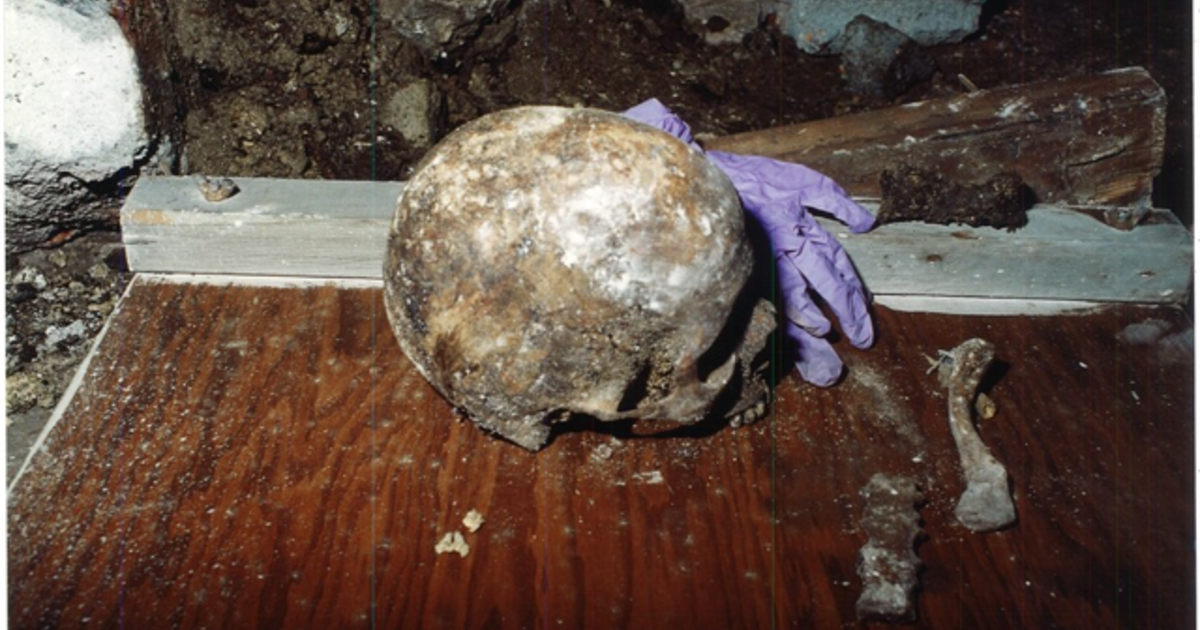Why New York's Andrew Cuomo has a race on his hands
What's going on with the race for New York governor?
Andrew Cuomo, the New York governor who is running for a third term in November, is in trouble. He's being challenged in the Democratic primary by Cynthia Nixon, a progressive activist who's best known for playing Miranda on "Sex and the City." And while Cuomo is the obvious favorite to win re-election, Nixon has a chance to defeat him.
So Cynthia Nixon can win?
Yes, but she'll have to run a masterful campaign. Nixon has never run for office before, and Cuomo has some $30 million in the bank, which is important in a state dominated by the extraordinarily expensive New York State media market. But Cuomo has some unique baggage, and New York has an odd system of voting that can benefit insurgents like Nixon. It would be a mistake to say she doesn't have a shot.
What's wrong with Andrew Cuomo?
On the one hand, Cuomo has a lot going for him. He's got plenty of money. He's relatively popular. He's the scion of a Democratic political dynasty, his father being Mario Cuomo, a charismatic and crusading liberal who was himself a three-term governor. Like his father, Andrew Cuomo also has national ambitions, which is really just a way of saying he probably wants to be president.
But Cuomo may be vulnerable to a challenge from his left. First elected governor in 2010, Cuomo marketed himself as a moderate who was big on fiscal discipline. He quickly made an alliance with Republicans in the state senate, which controls a majority due to a breakaway group of Democratic lawmakers who Cuomo stayed on good terms with.
This may have seemed like smart politics at the time. However, the Democratic Party's base started moving left in a major way over recent years. Cuomo has tried to catch up with them, touting his liberal positions on social issues and embracing progressive ideas like a $15 minimum wage and free college for some middle-class New Yorkers.
Still, progressives don't trust him, and he has a hilariously dysfunctional relationship with New York City's left-leaning mayor, Bill de Blasio. The mayor, who by just about any measure is more progressive than Cuomo, sees this election has an opportunity to get rid of, or at least bloody, his rival in Albany. And to that end, he's lending some of his political muscle to Nixon, his friend and longtime political ally.
But Cuomo can still beat Nixon, right?
Sure he can, and right now polls show him in an early lead. Also, it's very rare for an incumbent governor to lose re-election.
But, at this stage of the race, polls can be misleading. Everyone in New York knows who Andrew Cuomo is, but Nixon is still relatively unknown, despite her years of political activism. That means Nixon's standing has a lot of room to grow.
Cuomo is a famously sharp-elbowed and calculating politician who excels at negative campaigning. "Ruthless" is a word commonly used to describe him, by both detractors and supporters. Yet in the #MeToo era, he may have to hold his fire when dealing with Nixon. "This time the boxing gloves he usually puts on cannot be laced up,'' Hank Sheinkopf, a longtime Democratic consultant and former Cuomo adviser, told The Buffalo News last week.
For example, just as Nixon got into the race last week, Christine Quinn -- a Cuomo ally and former New York City Council speaker -- called her an "unqualified lesbian." Quinn, like Nixon, is openly gay. But Nixon had campaigned for de Blasio against Quinn when they ran against each other for mayor in 2013, making the comment seem like sour grapes. Quinn's comments appeared to quickly give Nixon a boost, and reflected poorly on Cuomo. Quinn later apologized.
Does Cuomo have any other liabilities?
Does he ever. One of his former top aides and closest friends, Joseph Percoco, was just convicted on federal corruption charges. It was a major embarrassment for Cuomo, who has long touted himself as an anti-corruption reformer. To make matters worse, Cuomo implied his name was "never mentioned" during Percoco's trial. This prompted The New York Times to note that Cuomo's name had been mentioned 136 times during the trial.
Then there's the New York City subway system, which is the busiest in the world. The once-reliable service has been plagued with long wait times and spotty service in recent years, much to the frustration of the millions of New Yorkers who depend on it. De Blasio and Cuomo have repeatedly blamed each other for the subway's woes, but ultimately the MTA, which runs the subway, is a state agency, meaning that it's really Cuomo's problem.
Meanwhile, much of Upstate New York is mired in economic decline. This is a state of affairs that existed long before Cuomo entered office, but after eight years in the governor's mansion, vast swaths of the once-prosperous region are still losing jobs and losing people.
It is also worth noting that Cuomo, who has a famously quick temper and has never faced a truly competitive election for governor, may be a bit rusty on the stump. For example, a joke he made Sunday at a Harlem church about the dancing abilities of Jewish people reportedly fell flat. He also abruptly canceled an appearance at a fundraiser for the Nassau County Democratic Party on Monday night.
That's all really bad for Cuomo, right?
It's not good for him. But Cuomo has survived a primary challenge before, defeating little-known academic Zephyr Teachout in 2014. But Teachout defied expectations by netting 33 percent of the vote, which is better than most people thought she would do. De Blasio also endorsed Cuomo in 2014, and helped him secure the backing of the small yet influential Working Families Party (WFP).
What's the Working Families Party?
New York has an odd "fusion voting" system that allows minor parties to occupy space on the ballot and cross-endorse the candidates of other parties. So candidates often have their names on the ballot more than once, which tends to help their odds.
This gives minor parties like WFP some degree of influence over which candidates the two big parties nominate. The two big minor parties are the WFP, which typically cross-endorses the Democratic candidate, and the Conservative Party, which usually cross-endorses with the Republican.
Sometimes, however, the smaller parties think the big-party nominee is too moderate, and endorse somebody else. When this happens, the WFP can siphon away votes from the Democrats, and the Conservatives can do the same to the GOP. In 1971, the Conservative Party even elected a U.S. senator, successfully running James Buckley (the brother of National Review founder William F. Buckley) against the Democratic and Republican nominees.
De Blasio and Nixon are both closely tied to the WFP. Should Nixon win the WFP nomination, she could wind up on the general election ballot in November even if Cuomo beats her in September's Democratic primary. That could split the liberal vote, and maybe even give the New York GOP a chance at winning their first statewide race since 2002.
A lot can happen between now and September, and Cuomo is still the clear favorite to win not only the Democratic primary but also the general. Still, this should still be a heck of a race.



